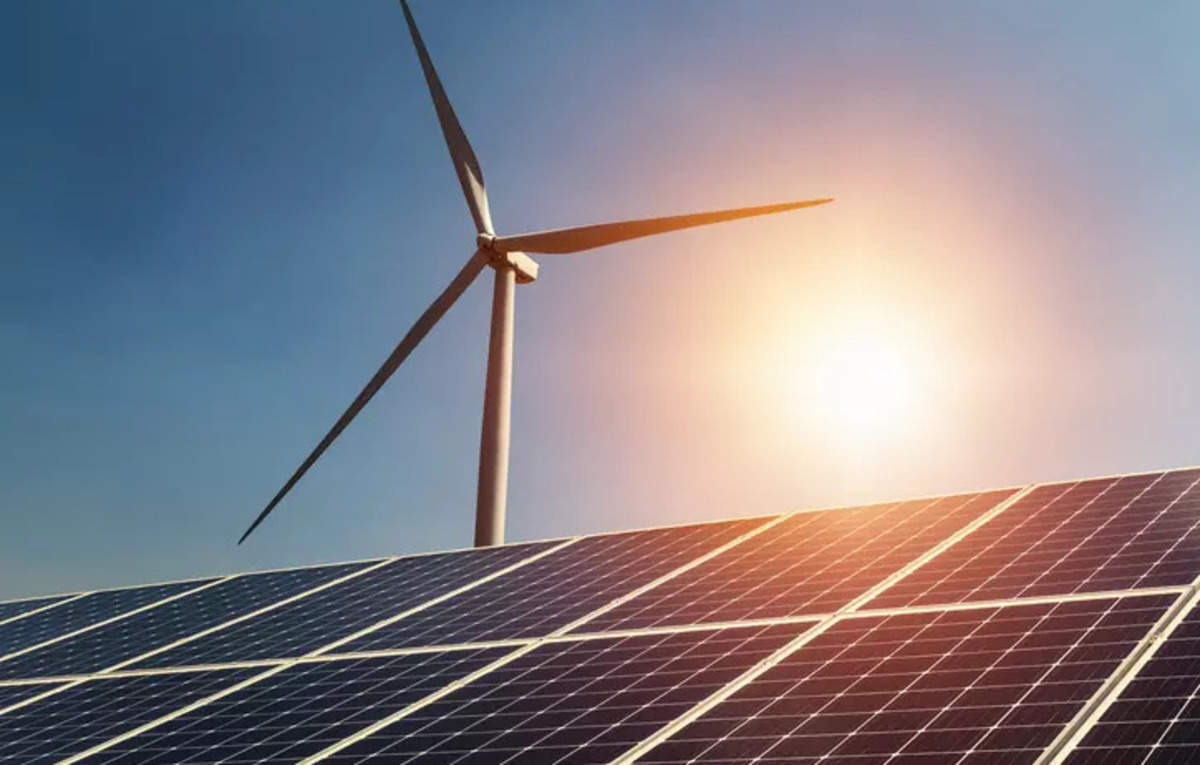
India is ramping up its efforts to transition to renewable energy sources, with solar power at the forefront of this initiative. The government’s ambitious plans to meet its renewable energy targets by 2030 are gaining momentum, with several large-scale solar power projects being initiated across the country. This move aligns with India’s commitment to combating climate change and reducing its reliance on fossil fuels.
India’s Renewable Energy Goals
As part of its commitment to the Paris Agreement, India has set a target to achieve 500 GW of non-fossil fuel-based energy capacity by 2030. Solar power is expected to play a key role in achieving this goal, with the government aiming to install 100 GW of solar energy capacity by the end of the decade. The expansion of solar energy infrastructure will not only help India reduce its carbon footprint but also reduce its dependence on imported fossil fuels.
Key Solar Projects Across India
Several states have already launched large solar projects to contribute to the nation’s renewable energy capacity. In Rajasthan, the world’s largest solar park has been established, with a total capacity of 2,245 MW. Gujarat, Maharashtra, and Tamil Nadu are also making strides in increasing their solar energy capacity, contributing to India’s overall renewable energy infrastructure.
Government Initiatives to Promote Solar Power
The Indian government has introduced several policies and incentives to promote solar energy. These include the Solar Park Scheme, which provides financial assistance to state governments to set up large-scale solar power plants, and the National Solar Mission, which aims to encourage private sector participation in the solar energy market. Additionally, the government has provided subsidies and tax incentives for the installation of solar panels on rooftops, particularly for residential and commercial properties.
International Collaboration for Solar Power
India has also been collaborating with international partners to boost its solar energy capabilities. The International Solar Alliance (ISA), which was launched by India, aims to promote solar energy globally and facilitate the transfer of solar technologies between nations. India’s role in ISA has positioned it as a leader in global efforts to combat climate change and promote clean energy solutions.
Challenges to Solar Power Expansion
While India has made significant progress in solar energy, challenges remain in scaling up the industry. The availability of land, financing constraints, and the need for technological innovation are some of the hurdles that need to be addressed. Additionally, the intermittent nature of solar power requires the development of efficient storage solutions to ensure a stable energy supply.
Future of Solar Energy in India
The future of solar energy in India looks promising, with the government’s continued support for green energy initiatives and increasing investments from both domestic and international players. As the country works toward its renewable energy targets, solar power is expected to become a dominant force in India’s energy landscape, contributing to a more sustainable and eco-friendly future.
--Advertisement--

 Share
Share



